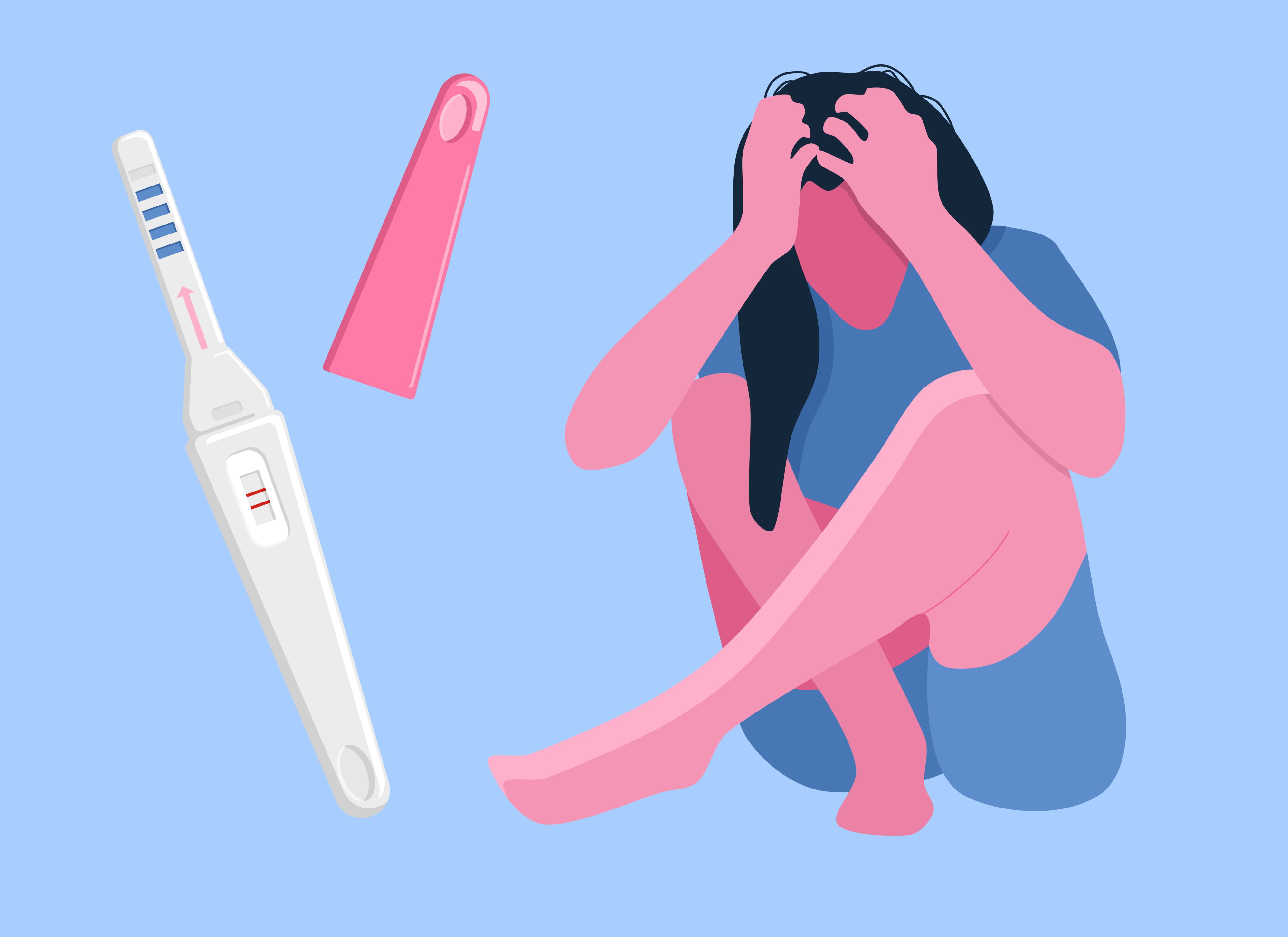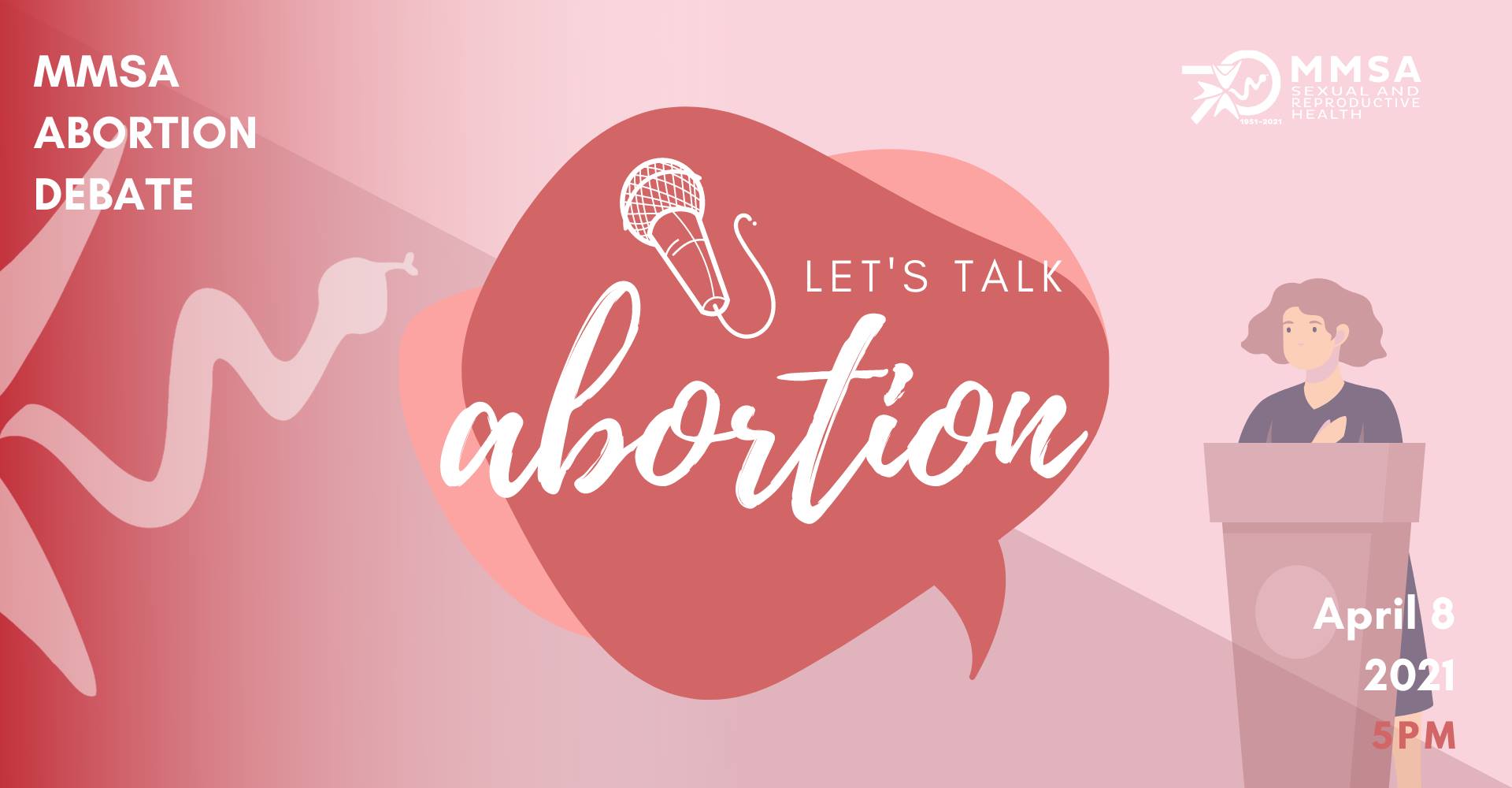Disclaimer: I have zero experience in debates, no formal knowledge of the law, and no association with either of these movements. I am a woman in her early twenties hearing 4 doctors (3 male and 1 female) discussing my reproductive rights. This to say: I am not an authority and my judgements are my own.
Two weeks ago, I watched a debate organised by Malta Medical Students’ Association (MMSA). Under the theme of the legalisation of abortion, Doctors for Choice (DC) and Doctors for Life (DL) presented their cases. As you may have guessed from their names, DC are pro-abortion and DL are not.
In Malta, the law is adamant: any woman that tries to abort — and any practitioner that helps her — faces prison for up to four years. Yet 300-400 Maltese women travel abroad every year to have an abortion. Despite the law, many others buy illegal abortion pills and terminate their pregnancy on the island. According to DC, women facing complications will hesitate to seek medical help under the fear of being prosecuted.
The Right to Life
The main difference between DC and DL is what they consider the ultimate human right. For DC, it is women’s self-agency: the right to choose what happens to their body. For DL, life must be protected above all. The difficulty with DL’s argument is defining when exactly life begins — a hairy debate in Bioethics.
Besides the complexity of defining when life starts, I see an added complication in DL’s arguments. Saying that there is nothing more valuable than human life may be all good and true, but it is also very easy to say when you are not the one having to stick your neck out. If we want to honour the right to life, we cannot ignore the right to live well — and by well, I mean in a loving, stable, nurturing environment for both mother and child. Even though DL pointed out social support for the women facing socio-economic difficulties, the solution seemed oversimplified.
Abortion and Victims of Abuse
Can abortion be a valid part of a rape victim’s healing proccess? According to DC yes, but DL disagrees. DL referred to studies which show how women who had an abortion after being raped actually had a higher probability of suicide than women who kept the child after the abuse. Furthermore, women that went through with the pregnancy were happy to have kept the baby. But there is an important caveat clarified by DC: these studies are often conducted in countries that stigmatize abortion. This means that any conclusions about the mental state of women who went through the procedure may be more correlated with psychological pressure in these countries.
DL doesn’t support abortion, even in cases of rape. They believe our efforts should focus on the punishment of the rapist, the prevention of sexual assault through education, and the social support of women who are without the necessary means to raise an unexpected child. I think we can all agree with this. But punishing the criminals and improving sexual education doesn’t give solutions to the victims (who unfortunately will always exist). We cannot hide behind social support as though it is the silver bullet to the problem. For some women, having to look at a child born from abuse will cause secondary trauma (just as for other women, raising and caring for a baby can actually help them to heal). Yes, the mothers can give their newborns up for adoption, but then we are coming back to the question: life vs quality of life.
Decriminalization and maternal security
DC worries about the cases the Maltese laws omits. The sexual assaults, the risk pregnancies, the fetus anomalies. By law, they are illegal. DL had pertinent arguments to defend illegality even in the face of these complications:
The medical practice protects the mother. For example, in ectopic pregnancies where the mother faces life risk, the fetus is removed. DL strongly proclaimed that doctors, no matter their position, will always assist a woman in need. The organisation also stated they do not support reporting a woman who resorts to medical help in the aftermath of an abortion.
DC promptly requested that DL publish a statement condemning the criminalization of abortion — they are against women going to jail, after all. DL claimed that, although they don’t judge the women that choose to have an abortion, the law exists to protect the unborn child, and removing the law would eliminate this protection.
DL had another interesting claim: although the opposition often refers to abortion as a way to protect the mother’s life, countries where abortion is illegal have a lower maternal death rate. Look at Malta, for example — maternal mortality is zero. DC defended that the gravity of the mother’s health shouldn’t be the only reason for an abortion to be performed.
But the reasons behind the differences in maternal mortality rate weren’t further explored. A shame. Why is the death rate of mothers in Malta, where abortion is illegal, so low? Are we comparing countries with similar quality of health services? Are higher mortality rates directly related with abortion? These questions should have been answered during the debate.

Cherry picking in the debate and language
When debating a theme, it is quite simple to use the data that fits our narrative. Unconsciously, we may disregard the facts that cause us a bit of cognitive dissonance — I have been fighting it through this whole article. This serves as an important reminder that, as active listeners in any discussion, we should not accept every argument without a bit of critical thinking.
Through the debate (all two hours of it), I noticed a recurrent pattern: DC would focus on victims of rape, especially young girls. DL would focus on social-economical factors as decision factors to perform an abortion. It is normal for personal experiences to bleed into one’s arguments — one of the DC doctors was a pediatrician, which in my eyes made the recurring reference to 12 year olds understandable. However, the preference in themes still made me uncomfortable. I felt like I was being manipulated, only shown the handpicked facts that either side wanted me to think about. What about the other cases? The rest of the colors in the spectrum? Were they not mentioned because they didn’t fit DC’s or DL’s narrative? Or did they unconsciously slip the debater’s minds?
Punches were thrown from both sides due to language (mis)use. If the pro-choice doctors recoiled at the pronunciations of “flushing down the toilet” or “killing a child” by the pro-life side when discussing abortion methods, DL retaliated by claiming that euphemisms won’t change the nature of the act. DC counter-attacked, branding DL with the word “stigmatization”. The comments section went wild.
The euphemism vs stigmatization debate tickled my mind — it is applicable to other social issues, like gender equality and gender identity. Language usage can affect our reasoning and shouldn’t be taken lightly, but I fail to see who is on the right side of this situation. Do not stigmatize abortion, but also don’t soften the topic. Whether it’s a new life or the potential of a new life, a mother is making a decision about another being. In the end, language usage just served as a diversion from the actual debate. A change in legislation is not the same as a change in mentality. Even if abortion were legal, there would still be biased people using stigmatizing language.
Regardless, my opinion at the end of this debate remains the same: women deserve choice. And every doctor should also have the choice to accept or decline to perform an abortion. Let’s not moralise this issue, but still address it with the seriousness it deserves. Let’s trust women to know what is best for their individual context and practitioners to abide by the Hippocratic Oath they swear upon.
Further reading:
Cohen, S. (2009). Facts and Consequences: Legality, Incidence and Safety of Abortion Worldwide. Guttmacher Institute. Retrieved 27 April 2021, from https://www.guttmacher.org/gpr/2009/11/facts-and-consequences-legality-incidence-and-safety-abortion-worldwide
New, M. (2018). How the Legal Status of Abortion Impacts Abortion Rates | Charlotte Lozier Institute. Lozierinstitute.org. Retrieved 27 April 2021, from https://lozierinstitute.org/how-the-legal-status-of-abortion-impacts-abortion-rates/
Author
-

Antónia was a Biologist, once upon a time. She transitioned from the glamorous world of lab benches and international conferences to her one true love - Science Communication. Antónia works as a freelance science writer and also manages social media for THINK. In her free time, she pets street cats and educates people on Portuguese gastronomy - often against their will.
View all posts






Comments are closed for this article!